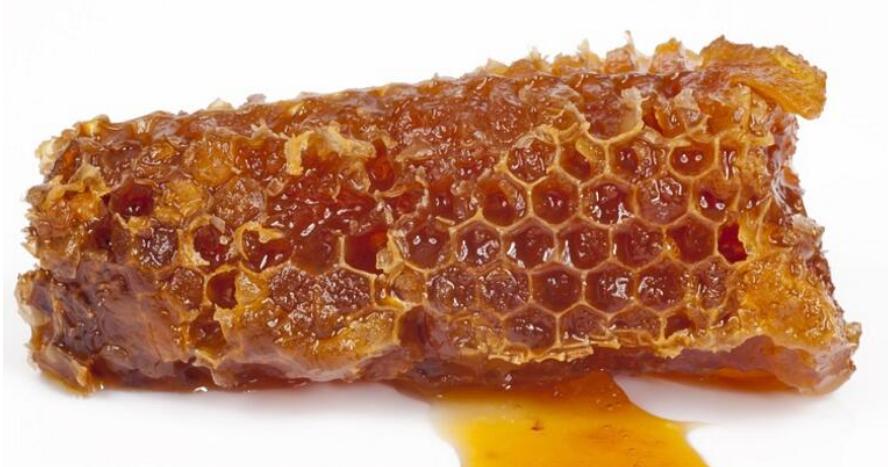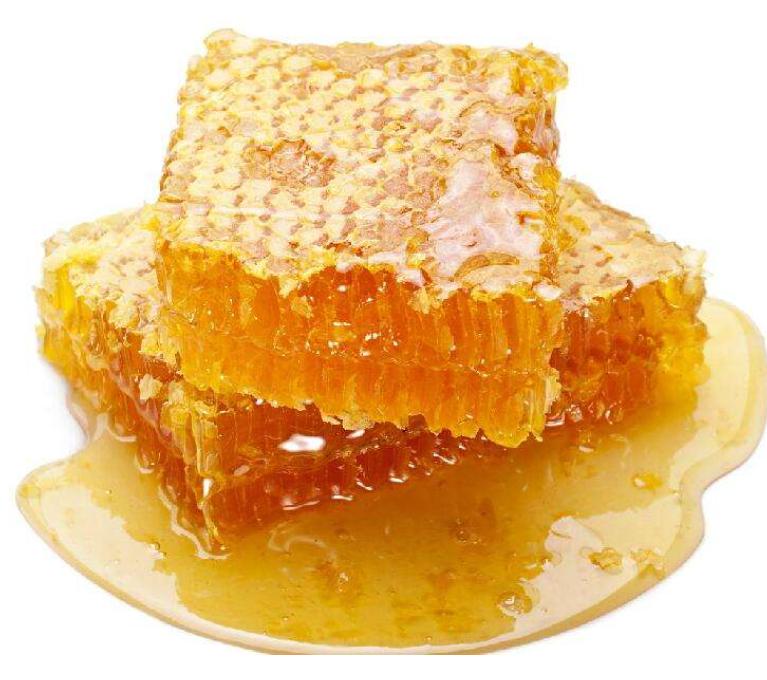What are the Functions of Propolis?
Propolis, a term that is not new to us. But what exactly does it do? Let's learn more about it together next.
First of all, propolis has antibacterial properties. Propolis can sterilize, disinfect, disinfect, etc. It solves the defect that antibiotics only work on a single microorganism. And there are no side effects. It has good therapeutic effect on skin diseases in daily life. Secondly, propolis can promote tissue cell regeneration. It has a good repairing effect on various oral diseases. It can be used to treat stomach ulcers. Propolis can also prevent tumors. Propolis is rich in anti-cancer substances. Studies have proved that cancer patients who take propolis. It can shrink cancer cells. And it can reduce the side effects caused by chemotherapy. Propolis can lower both triglycerides. It also lowers cholesterol. Propolis can reduce or disappear menopausal symptoms.

For immunity, propolis can enhance the immune effect. The human immune system is vulnerable to viruses. Propolis can strengthen the immunity of the body. It strengthens the body's ability to fight against viruses. Propolis also has a cosmetic effect on the skin. Propolis can break down pigments, smooth wrinkles and slow down aging. It is a good beauty product for women. Propolis has analgesic effect. Propolis is also very effective in anesthesia and analgesia.

Propolis also has a high nutritional value. Propolis is known as "purple gold". A colony of 50,000-60,000 bees can only produce 70-110 grams of propolis a year. Propolis collected from beehives usually contains 55% of resin and aroma and 30% of beeswax. The composition of propolis is extremely complex. It contains more than 300 kinds of nutrients in 20 categories. These include flavonoids, organic acids, alcohols and phenolic compounds. It also contains many amino acids, enzymes, vitamins and trace elements. It is like a natural "medicine library".
The most representative active substances in the composition of propolis are quercetin in flavonoids, terpenoids and phenethyl caffeate in organic acids. Among them, quercetin is the active ingredient of many Chinese herbs. It has the effect of dilating coronary blood vessels, lowering blood lipids and anti-platelet coagulation. It has a sympathetic. It is mainly used clinically as a capillary hemostatic and an adjuvant antihypertensive agent. Terpene components, etc. have good bactericidal and anti-inflammatory effects. Greatly reduce and avoid various diabetic complications. Phenethyl caffeate has extremely strong anti-inflammatory and antioxidant activity. It can play an anti-tumor role.
But propolis also has some side effects. You should use caution or stop using it if you have severe allergies. Due to personality differences. About three in 10,000 patients have varying degrees of allergy to propolis liquid. However, this allergy is not life-threatening. For those who use propolis topically, apply one drop daily to the affected area for a week to test for allergy.
This is an introduction to the effects of propolis. I hope it will be helpful to you.

